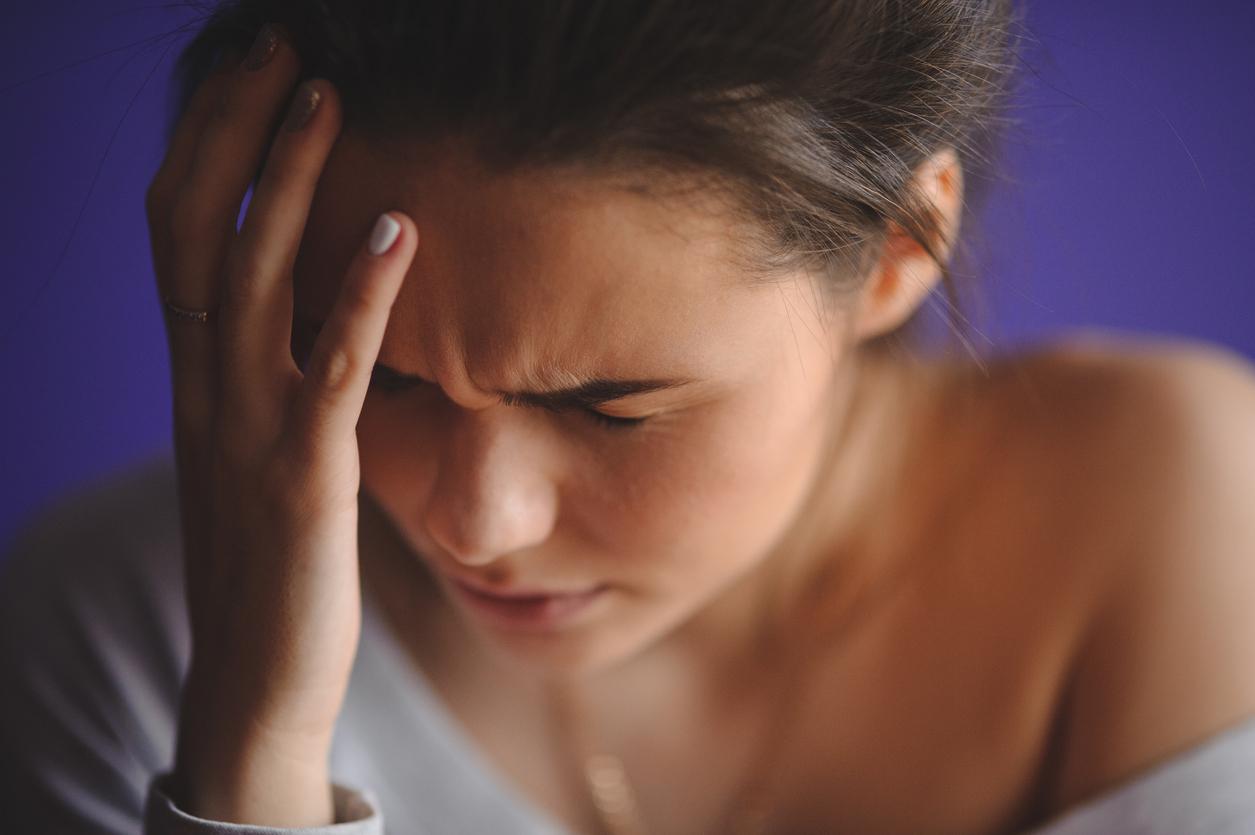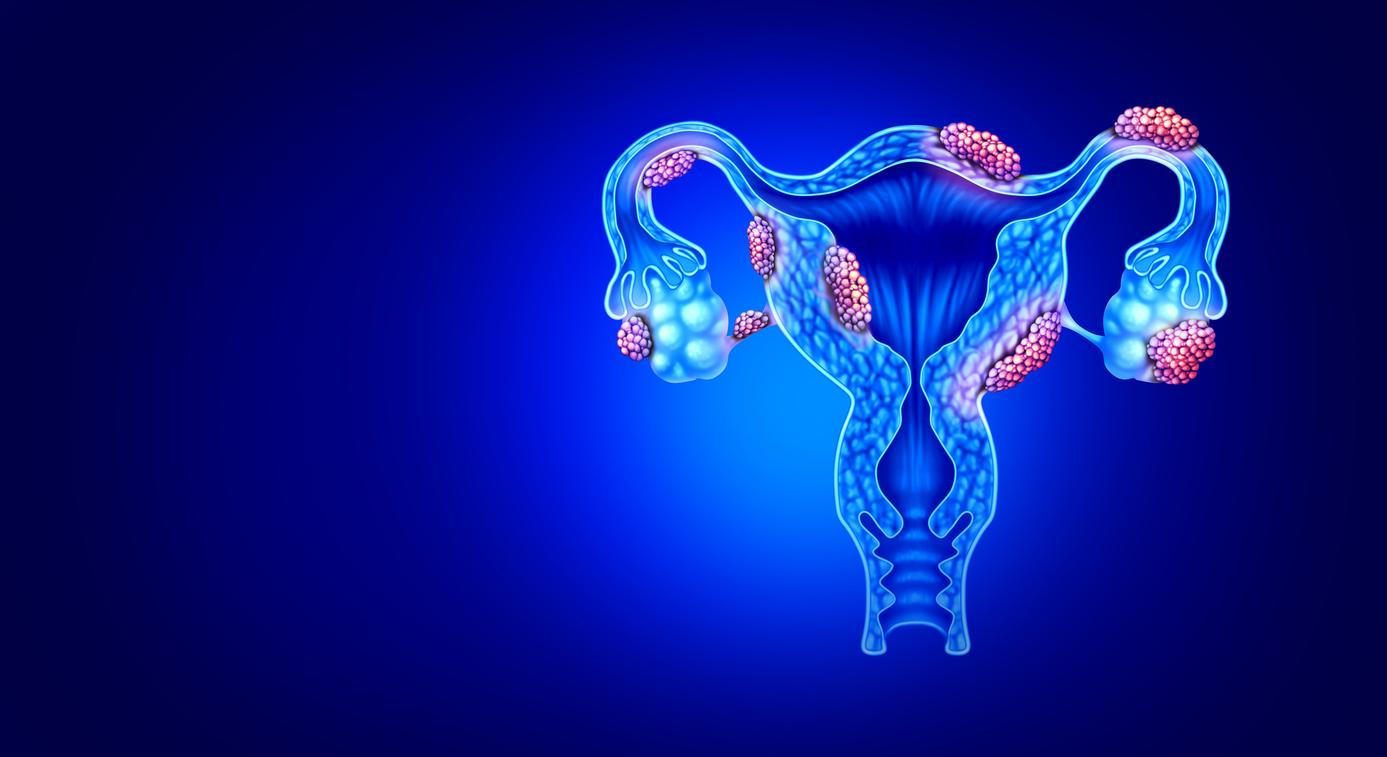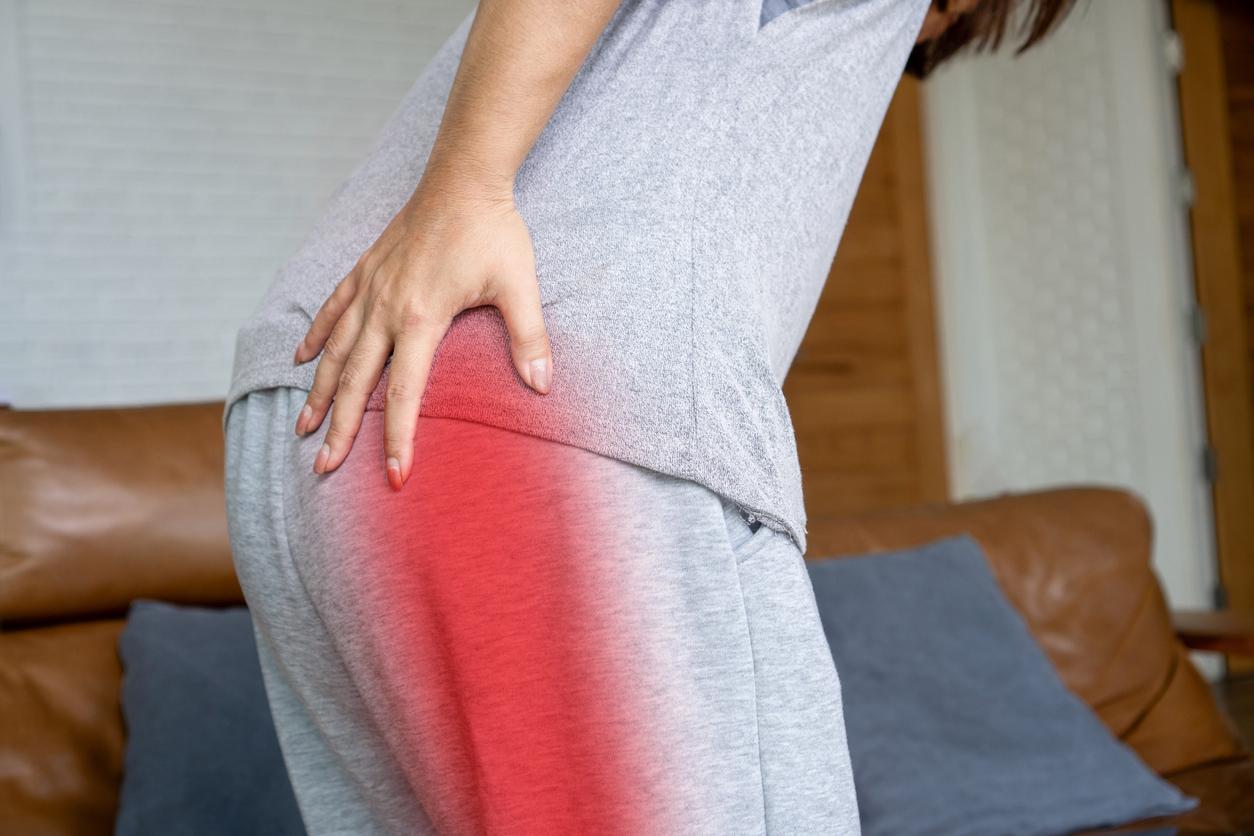Surgical shock: we call on homeopathy
An operation, even a minor one, always has an impact on the body. But in some cases, it can have a greater impact, as explained by Dr. Jean-Claude Karp, general practitioner and specialist in homeopathy: “Physical trauma, bleeding, pain or even the treatments themselves can promote a phenomenon of operative shock. The intervention will then not only have an impact on the tissues, but also broader repercussions on the organism because of the attack on the central nervous system. »
Surgical shock is indeed a phenomenon of stupefaction of the nervous system which in turn can promote a drop in blood pressure, a drop in core temperature, and even possible more serious complications.
In addition, certain complications or post-operative consequences may have a greater prevalence depending on the nature of the intervention, as Dr. Karp reminds us: “We know that certain interventions in brain surgery, to treat a glioma for example, can give rise to cerebral edema.
In digestive surgery, intestinal reflex blockages are common. » And to emphasize that, in all these cases, a preoperative homeopathic prescription may be indicated.
Homeopathy: what treatment?
To prevent the effects of surgical shocktwo key drugs: Arnica montana and Phosphorus.
“We know Arnica montana for its effect on everyday trauma, but the homeopathic mechanism is the same for major operations. As for Phosphorus, it is the great medicine for cellular necrosis. In particular, it allows the tissues to regenerate more easily during the postoperative phase. emphasizes Dr. Karp while recalling its general and vascular anti-inflammatory actions.
- In case of brain surgery and in the prevention of edema, Apis and Natrum sulfuricum.
- In case of vascular or thyroid surgery, to prevent fatigue related to bleeding, China rubra.
- In case of digestive surgery, Raphanus niger to act preventively on digestion in general and Opium against a possible blockage of the intestinal nervous system.
- In ENT surgery, Silicea to prevent infectious risks, frequent in these interventions.
Operative complications can also arise because the patient’s terrain is poorly balanced. However, when the patient is out of balance, his body is not as efficient, recalls Dr. Karp. His advice: in the event of a scheduled intervention and whatever its nature, it may be interesting to make a homeopathic assessment to set up a treatment in the field.
Pain: auriculotherapy is used
Auriculotherapy is a form of reflexotherapy. It aims to stimulate the reflex points located in the pavilion of the ear, in order to act on the central nervous system and to strengthen the body’s self-repair capacities.
Preoperatively, auriculotherapy has a great advantage: its vast field of application, whether for rather light interventions (such as the removal of wisdom teeth) or heavier ones (tumorectomy in certain cancers) by the management of osteoarticular disorders or infertility (in the event of oocyte retrieval, for example). It can be effective for two indications: soothe stress and relieve pain.
Auriculotherapy: what management?
“Given the side effects that certain analgesics prescribed postoperatively (including opioids) can present, it is always interesting to be able to reduce the doses, especially in patients who do not tolerate these drugs well”, explains Carine Chaix-Couturier, auriculotherapist.
Preoperative auriculotherapy care can make a big difference. Even if it does not replace an analgesic, this reflexotherapy has been validated empirically and scientifically in the context of various interventions, such as hand surgery in the event of carpal tunnel syndrome.
“The results were convincing. We observed a reduction in pain and in the consumption of analgesics postoperatively,” notes the therapist, who participated in a scientific publication on the subject. ” I’auriculotherapy is a complementary medicine that has a fairly long effect. A single session two to three days before the intervention can largely cover a period of 10 to 15 days postoperatively”, emphasizes Carine Chaix-Couturier.
Only contraindications: allergy to nitrogen, taking anticoagulants or wearing a valve prosthesis, or even possible dermatological diseases in the ear (eczema type).

















